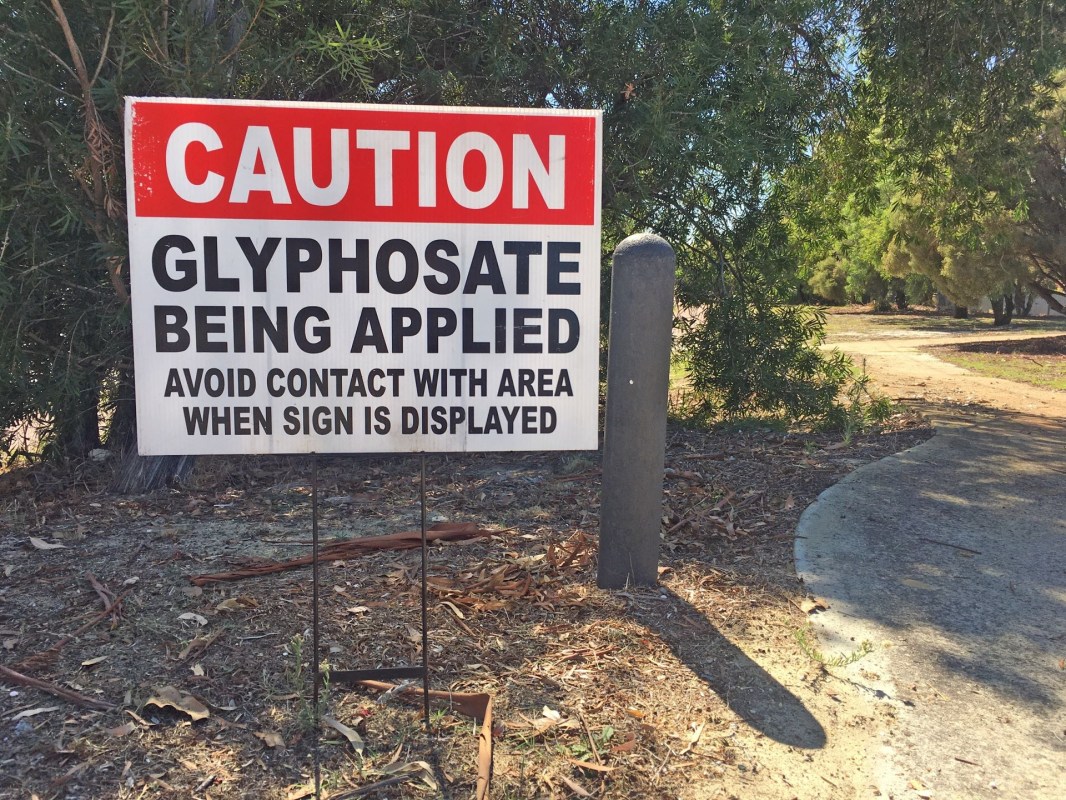Monsanto, an agrochemical manufacturer, and its parent company Bayer, has faced more than 100,000 lawsuits for exposing workers to carcinogens. Now, it faces a lawsuit for civil rights violations after refusing to pay settlement funds to a worker because of her citizenship status.
What's happening?
Monsanto produces Roundup, an herbicide frequently used in farming. In 2015, the World Health Organization's International Agency for Research on Cancer (IARC) classified glyphosate, Roundup's active ingredient, as "probably carcinogenic to humans." Since then, thousands of plaintiffs who were diagnosed with cancer after exposure to Roundup have sued Monsanto.
One of these plaintiffs is Elvira Reyes-Hernandez. Reyes-Hernandez is a migrant farmworker who was often exposed to Roundup at her job. After receiving a cancer diagnosis in 2019, Reyes-Hernandez sued Monsanto for Roundup's role in causing her cancer.
In 2020, Bayer agreed to settle the many lawsuits it faced for more than $10 billion. Some of these funds were to be distributed among the plaintiffs, including Reyes-Hernandez. The new lawsuit alleges that though Reyes-Hernandez accepted the settlement, Monsanto refused to finalize the payment because she is not a U.S. citizen. Additionally, the lawsuit claims that her former attorneys suddenly dropped her as a client without notifying her.
The new lawsuit accuses Monsanto, Bayer, and Reyes-Hernandez's former lawyers of violating Reyes-Hernandez's civil rights by refusing her access to litigation on the grounds of her citizenship.
Why is this lawsuit important?
An estimated 73% of all farmworkers in the U.S. are immigrants, and many of these workers face harsh working conditions, in part because some are not U.S. citizens. Farm workers have a high poverty rate, and many do not receive public benefits like food stamps or government-funded health insurance. They often are not granted benefits like sick leave or paid vacation time.
Migrant farmworkers are "on an extremely unlevel playing field," Laurie Beyranevand, a law professor at Vermont Law School, told Environmental Health News, in an email. Even when they have grounds to sue or enforce their contracts legally, many migrant farmworkers avoid the legal system for fear of deportation or loss of employment. If Reyes-Hernandez wins this case, it would reassert migrant workers' rights to legal action regardless of citizenship status, but experts doubt many migrant farmworkers will take legal action against employers. For many, the fear of deportation or loss of employment will remain.
"They don't want to risk it," said Jeannie Economos, a health and safety coordinator for the Farmworker Association of Florida, to Environmental Health News.
Join our free newsletter for cool news and actionable info that makes it easy to help yourself while helping the planet.









